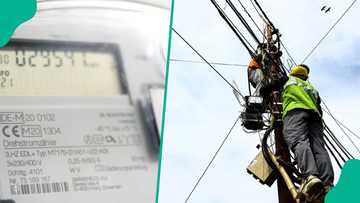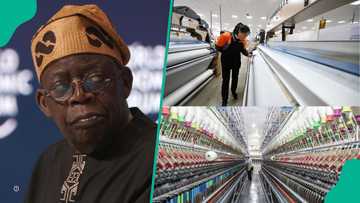FG Insists on Ending Solar Panel Imports, Shares Alternative Plan
- Despite contrary suggestions, the federal government has maintained its stance on banning the importation of solar panels into Nigeria
- Solar panels have emerged as a viable alternative for Nigerians, addressing the challenges posed by the country's erratic power supply
- But the federal government has shared an alternative plan to solar panel imports, urging Nigerians to cooperate with it
Legit.ng journalist Ruth Okwumbu-Imafidon has over a decade of experience in business reporting across digital and mainstream media.
Amid the crisis in Nigeria’s power sector, the importation of photovoltaic solar panels has risen in recent years, now amounting to almost N200 billion annually.
However, the federal government has insisted on ending the importation of solar panels as a means to save the much-needed foreign exchange and reduce pressure on the naira.
The government is instead looking in a different direction and has recently revealed what will be the alternative to solar panel imports.
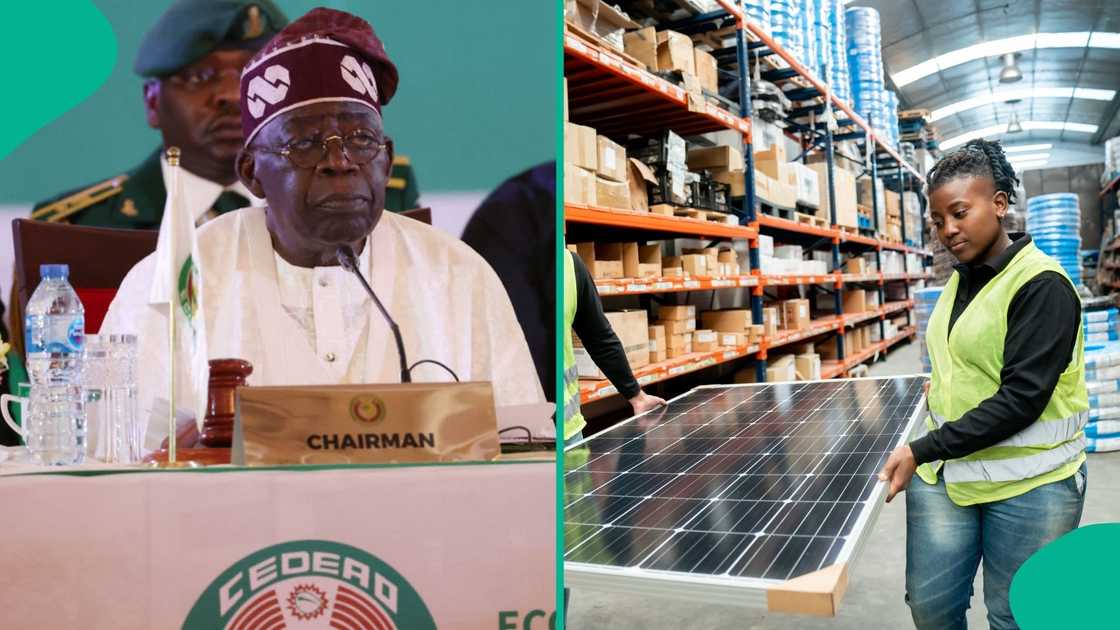
Source: Getty Images
The Managing Director/Chief Executive Officer of the Rural Electrification Agency (REA), Abba Aliyu, shared this update at a meeting held in Victoria Island.
The meeting between the REA and the Lagos State Government was to sign a Memorandum of Understanding for the electrification of rural communities in Lagos.
FG signs MOU to manufacture solar panels locally
Aliyu revealed that to replace the importation of solar panels, plans are being made to manufacture them locally.
He hinted that Lagos state, as the centre of excellence, is expected to blaze the trail in domestic production, while other states will follow shortly after.
Aliyu explained that the plans are already in motion with the presence of PV solar panel manufacturing assembly plant in Ikotun area of Lagos state.
He detailed;
“They started with 10 megawatts, but with the collaboration with REA, they have moved and increased their capacity to an additional 100 megawatts.”
He also hinted that plans are underway to sign a joint development agreement with Green World for a $150 million lithium battery assembly plant in Lagos state.
FG to support local production of solar panels
The PUNCH reports that the Minister of Science and Technology, Uche Nnaji, shared the government plans to support local manufacturing of solar panels.
Nnaji pointed out that courtesy of the National Agency for Science and Engineering Infrastructure (NASENI), local production is ongoing.
Nnaji said;
“With NASENI here, you know that we have panels. It has a factory that has started producing solar panels, and other private individuals are also producing solar panels as we speak. So, all we need to do is, even through science and technology, through our Presidential Executive Order No. 5, we will stop all these importations of solar panels. We will support our local industries to grow.”
The REA however advised that the ban on importation be put off until local production capacity has increased because solar panels have formed a viable alternative for millions of Nigerians in underserved areas.
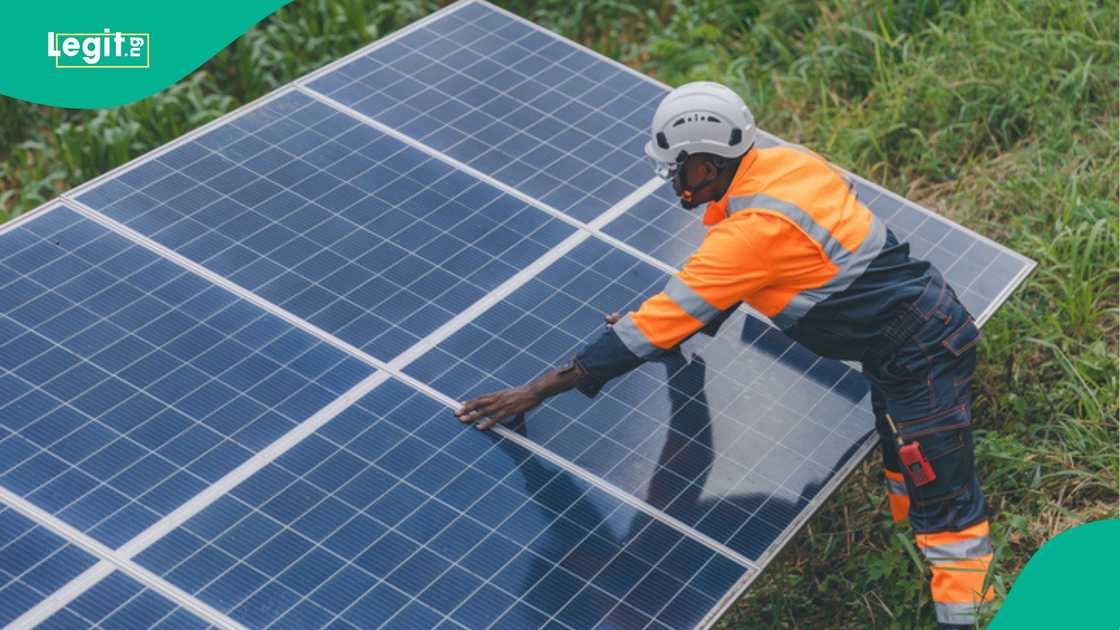
Source: Getty Images
The removal of fuel subsidies and increase in fuel prices have it clear to Nigerians that they cannot depend on fuel and diesel-powered generators as it is now too expensive.
Keep in mind that Anergy, a clean tech startup backed by billionaire Bill Gates, has raised more funding to meet the demand for solar panels in Nigeria.
Company launches solar panel factory in Lagos
LPV Technologies, a Nigerian solar energy company, has opened a new factory for making solar panels in Lagos.
Yinka Adelodun, the Executive Director of the company, explained that the new plant aims to solve issues in the renewable energy sector, like delays in supply chains and reliance on imported panels.
The company recently opened the facility and gave a tour to highlight its features.
LPV Technologies believes that producing solar panels locally and combining solar energy with gas is the best way to ensure stable electricity.
Adelodun also mentioned that while many people use solar panels as a temporary solution, the real long-term answer is using both solar and gas to power the country.
Affordable solar panels a game-changer
Affordable solar panels could make a big difference for Nigerians facing power outages and an unreliable national grid.
With frequent blackouts and grid failures, many people and businesses rely on costly diesel and petrol generators.
But if solar panels become cheaper, more Nigerians could generate their own electricity, reducing reliance on the unstable grid.
This would help increase productivity, lower energy costs, and support economic growth.
The government should back local solar panel production and offer incentives to make solar energy more accessible.
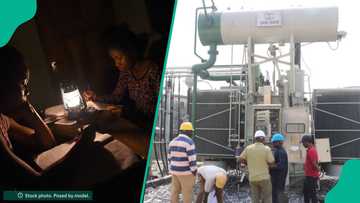
Read also
Blackout: Nigerians react to poor power supply amid higher electricity tariffs, increased generation
Nigerians protest FG's ban on solar panel imports
In related news, stakeholders have expressed concerns about the federal government's plan to ban the import of solar panels.
Legit.ng reported that the reactions came after the government announced intentions to ban the importation of solar panels in the country..
Analysts have cautioned that businesses investing in solar energy solutions may have operational challenges.
This article has been updated by head of business desk, Victor Enengedi, with additional information.
PAY ATTENTION: Сheck out news that is picked exactly for YOU ➡️ find the “Recommended for you” block on the home page and enjoy!
Source: Legit.ng


